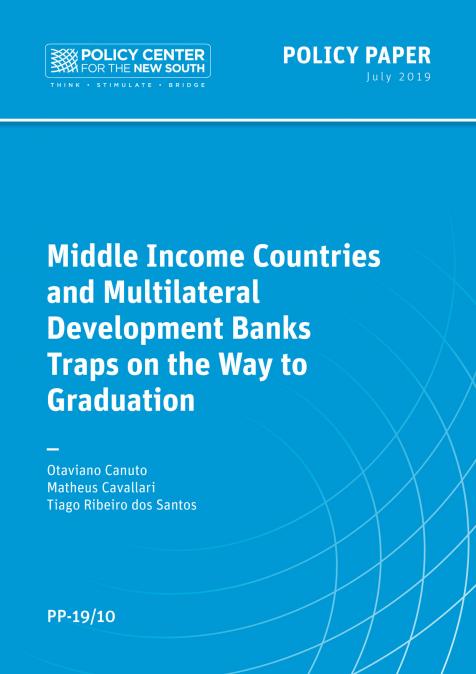Publications /
Opinion
If one opens the newspapers nowadays, Brazil will come out as a melting opportunity. The country is currently facing its largest economic crisis, mostly resulting from a negative political environment where the current Administration has been deeply swollen by Brazil´s largest corruption scandal, the so-called Lava Jato (Car Wash) Operations, whose investigations have brought to light the fact that billions of US$ dollars were being used for campaign financing, illicit enrichment and to secure political support for the government.
Were Brazil a parliamentary system, the current Administration would long be gone. However, Brazilian impeachment rules establish that there must be evidence of criminal misconduct by the President of the country in order to lead to the impeachment process, which is highly politically charged. To-date, President Dilma Rousseff has not been found involved directly in such a misconduct. Added to that, the Speaker of the House, who is responsible for carrying out the procedure, is apparently deeply involved in the Car Wash operations, which affects his legitimacy to push for harder measures, since they would be perceived more like a revenge than an effective search for justice by the Brazilian public opinion.
With this political deadlock, the country´s economy has stagnated and actually reduced its economic output and gross domestic product. The Brazilian real has been greatly devalued and the near term horizon looks bleak since the opposition parties have not raised up to the task of offering new alternatives and paths for the country. There is a general fear that any missteps during this time could lead to a general perception of persecution against President Lula da Silva, who left office with a very high approval rate, and could become a political martyr. This is of particular concern since the Brazilian Constitution allows former presidents to run for two sequential terms with the possibility to return for two additional terms, after skipping one term of 4 years.
Despite all this, the population seems pleased with the results deriving from the investigation. For the first time in Brazilian history, high level politicians and business people have been sent to prison and the historical sense of impunity at the highest level of the Brazilian food chain is perceived to be fading away.
Corruption scandals in the past have proven positive for the Brazilian society, since more mechanisms have generally been implemented to control corruption and the build-up of a stronger institutional framework. Recent facts, however, show that there is still a long road ahead.
With the recent downgrading by Standard & Poor´s, Brazil situation will remain difficult and credit tightening is likely to occur in the coming two years, particularly due to a high concentration of the banking sector in Brazil, now comprised of six (6) major banks. Considering the need for continued growth in many other sectors surviving the crisis, credit availability will become even more necessary. This is one of the major bottlenecks resulting from this crisis and the President Dilma Rousseff´s incapacity to lead.
Nonetheless, Brazilian positives like young population, abundance of natural resources, market size, better social inclusion and an entrepreneurial spirit still far outweigh its current challenges. There is hope.
This hope will necessarily include a reduction in the level of Brazilian protectionism and a return to the negotiating table of international trade agreements, which have been neglected for a very long time. There seems to be a more concerted effort to get back in negotiations with the European Union. Brazil should also deepen the ties with African countries, a policy Brazil greatly pushed during the Lula years, but a little less emphasized by the Rousseff Administration. There are growing opportunities in South-South relations, where most of world economic growth will take place in the coming years.



